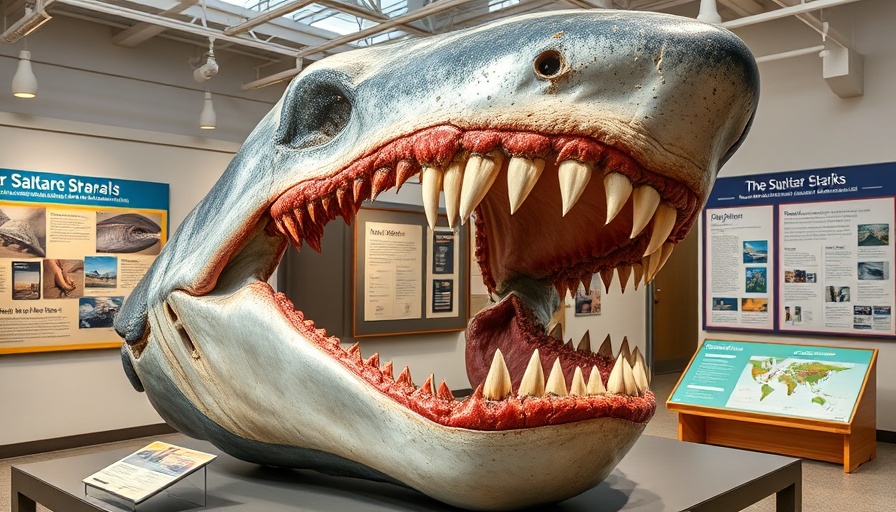
Great White Sharks: Back in Texas Waters
This Saturday, the Museum of the Gulf Coast in Port Arthur will host a significant event for marine enthusiasts: the debut of "Gulf Great White Sharks: Return of an Icon." This documentary, produced by Chester Moore and filmed by renowned cinematographer Paul Fuzinski, explores the resurgence of great white sharks in the Gulf of Mexico, including waters off Texas.
The Importance of Great White Sharks in Marine Ecosystems
Great white sharks are not only iconic predators but also play a crucial role in maintaining the balance of marine ecosystems. Their presence indicates a healthy ocean environment, as these apex predators regulate fish populations and contribute to the overall biodiversity of the sea. Understanding their return can help researchers monitor ecosystem health and inform conservation efforts.
Why Are Great Whites Returning to the Gulf?
The reemergence of great white sharks in the Gulf is attributed to various factors such as changes in water temperature and the increase of prey species due to conservation success stories. As fish populations rebound, sharks are drawn back to the area, leading experts like Moore to delve into the implications of this shift. This resurgence can also spark discussions around safety for beachgoers, particularly concerning shark attacks, which, while rare, are often amplified in media coverage.
Community Engagement and the Role of Local Events
Events like the film screening are crucial for community engagement and education. They bring attention to marine life and foster discussions about coexistence with wildlife. The Museum of the Gulf Coast serves as a vital platform to provoke thought on topics like sustainable fishing practices and tourism in a shark-rich environment, emphasizing that knowledge can lead to safer and more responsible beach outings.
The Use of Drones for Shark Monitoring
With technology advancing, drones are becoming an essential tool in marine research and beach safety. They can effectively monitor shark populations and improve safety for swimmers by providing real-time data on shark movements. This innovative use of drones could play a role in both scientific understanding and public safety, allowing beach authorities to better inform the public and safeguard swimmers from potential shark encounters.
As great white sharks continue their remarkable recovery, it’s vital for communities along the Gulf to engage with the subject and understand the implications of their presence. By participating in events like the documentary screening, residents can familiarize themselves with the complexities of marine life and contribute to a culture of respect and conservation.
 Add Row
Add Row  Add
Add 




 Add Row
Add Row  Add
Add 

Write A Comment